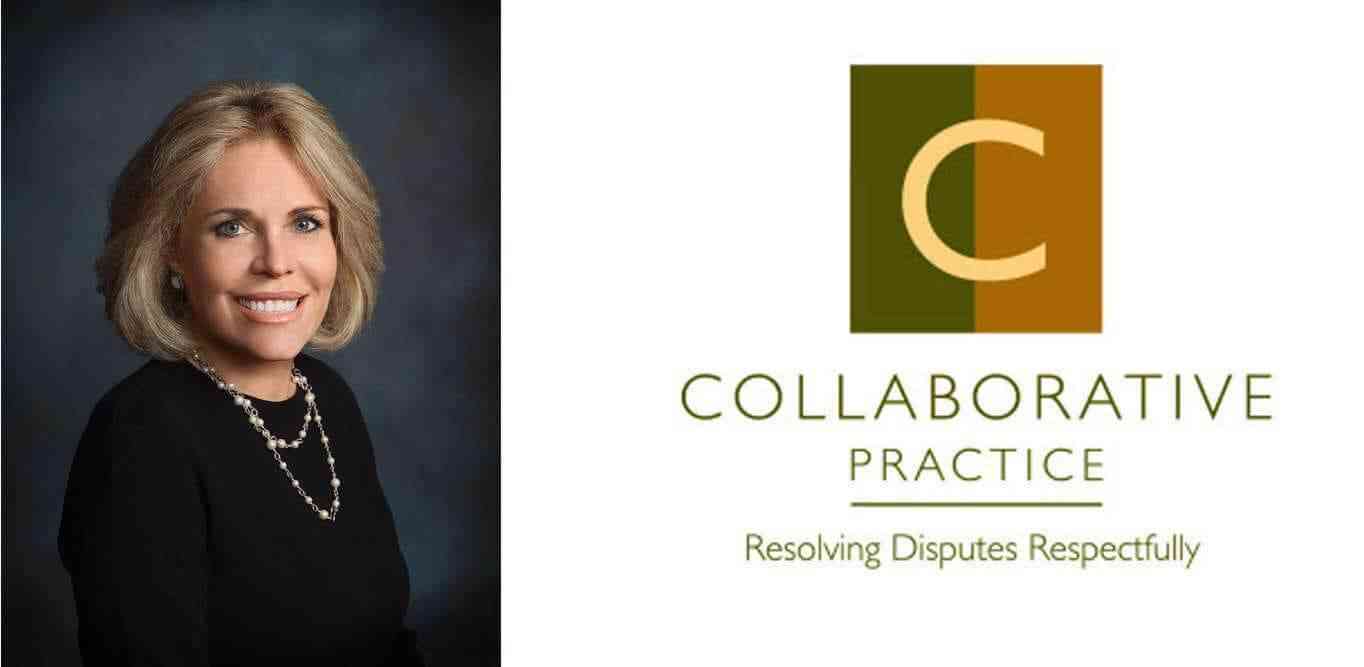Bergen County New Jersey Divorce Mediator

If you're contemplating the services of a divorce mediator, Kathryn A. Gilbert is one of New Jersey's top and trusted mediation attorneys, bringing more than two decades of experience as one of the regions most dedicated, fair and respected divorce mediators to the table.
Not all couples involved in a divorce may be cut out for a resolution through conflict mediation, but if so, there are many benefits that can be reaped through the mediation process. Resolving your differences through mediation, especially when provided through the services of an experienced mediation attorney, where the divorce law firm negotiation strategies always put your long-term interests, as well as those of your family members at the top of their priority list, can save you time, money and loads of acrimony and public display of private information.
Mediation in New Jersey, whether you are in Bergen County or anywhere else in the state, is handled as a voluntary process of self-determination, meaning you and your spouse create your own divorce resolution through the help of a mediator who serves as a facilitator during all law firm negotiation and family law and court actions. During facilitative divorce mediation a mediator may only give you legal information, not legal advice.
During the mediation process, divorce mediators will make sure all of the appropriate issues are addressed but cannot declare the agreement between two people as 'fair' or 'unfair' to either party, as the mediation attorney does not represent either party in the divorce mediation process.
Divorce Resolution Through Mediation
Generally (but not always) each party will also have his or her own local attorney who will review the final document created through mediation, known as 'a memorandum of understanding.' This document will form the basis of a property settlement agreement, which will be ultimately prepared by one of the acting attorneys.
The entire mediation process is generally much less costly and takes place outside the courtroom. You will ultimately still appear in Court just to finalize the matter but all of the issues will be resolved prior to what is typically a quick courtroom appearance.
Kathryn A. Gilbert can serve as your trusted mediation attorney, providing you nothing short of the best quality service any divorce mediators or mediation attorney in the country can offer.

